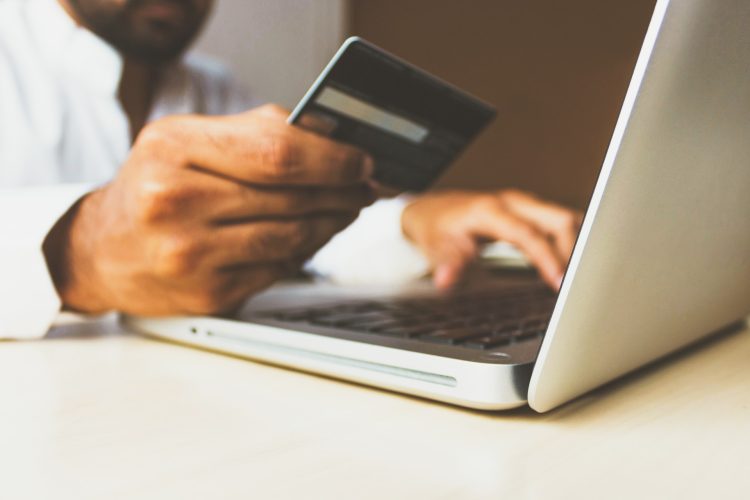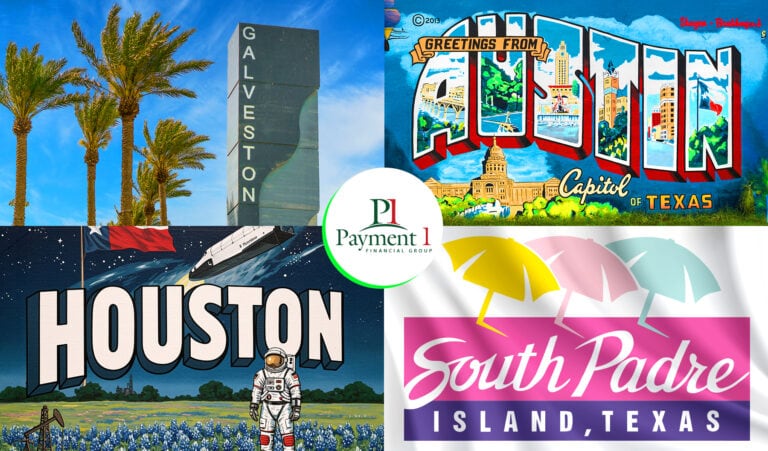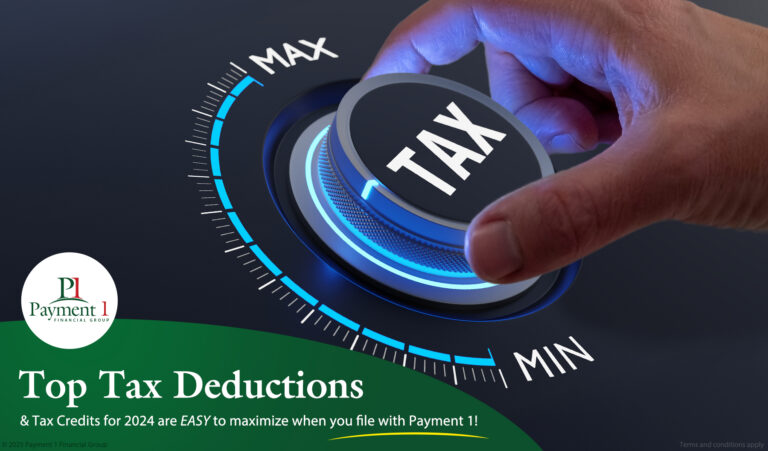How to Pay Off Credit Card Debt: Your Guide to Financial Freedom

If you are struggling with credit card debt, you are not alone; many Americans are burdened by it. According to a Federal Reserve Bank of New York report, credit card balances were 15% higher in the third quarter of 2022 than in the third quarter of 2021, the most significant year-over-year increase in over two decades.
Considering the constant rise in interest rates and inflation, those balances will likely increase further and become more expensive. With the Federal Reserve’s series of interest rate hikes last year — most recently, a 25-basis-point increase announced on Feb. 1, 2023 — the average credit card APR is now above 19 percent and rising.
So, yes, the struggle is real. And it is understandable to feel demotivated to pay off your debts. Living daily wondering how to pay off credit card debt out of your monthly salary while paying for all your basic needs is stressful. Considering the benefits of paying off your credit card debt and being debt-free would be best.
Why should you pay off your credit card debt?
Financial security
Your looming debt is a serious threat to your financial security. Once you’ve paid off all your debts, your budget gets more room for savings, letting you secure your future better since you’ll have more money to put into your emergency savings, an educational fund for your kids, and your retirement.
Peace of mind
A paid-off credit card debt is one less source of stress in your life. And considering the way the world is today, that is a huge relief. Not to mention decreasing your risk of getting stress-related health problems.
Fewer bills to pay
When you are debt-free, you will receive fewer bills in the mail each month. You’ll only have a few monthly expenses to worry about, such as utilities, insurance, and cell phone service, which don’t require minimum payments, interest charges, or long-term commitments.
Better credit score
High amounts of debt, especially credit card debt, negatively impact your credit score. Your credit standing takes a hit if your credit card balances are constantly higher than your credit limit. Paying off your credit card debt can help improve your credit score.
Control over your money
When you are in deep debt, you are not in control of your money – your lenders are. They determine how much and when you pay them. Some lenders may even increase your interest rate and minimum payment while giving you only about two months to adjust your budget to meet their requirements. Paying off your debts and becoming debt-free gives you complete financial control.
More earnings in the future
When you use your credit card, you are borrowing from your future earnings. Debt, in reality, lowers your future standard of living by giving you less money to live on than you have today. Make the most of your expected income by taking steps to eliminate debt.
How to Pay Off Credit Card Debt
Now that you have all the reasons to pay off your credit card debt, it’s time to discuss how to proceed. Is there an easy and quick way to be debt-free? What are the strategies for paying off debt? Let’s dive in.
The Snowball Method
If you are motivated by tiny victories, this strategy might be the right one. You list your debts by amount, starting from the smallest, then concentrate on paying off the smallest one first. When you’ve paid that off, you add the amount you’re paying toward the next smallest debt, and so on. You’ll gradually make larger and larger payments, like a snowball rolling down a hill, eventually eliminating your debt.
The Avalanche Method
This strategy will work best for those who want to save more on interest. The avalanche method is simply paying off your highest debt first while paying the minimum amount on the rest. Compared to other strategies, this strategy is suitable for saving money because you will have paid the least interest overall.
If you have $500 monthly to pay off debt, you will use most of that money to pay off the highest-interest debt first. Once that debt is paid off, you can redirect those funds to the next-highest-interest debt and eliminate it faster because you won’t pay as much interest.
So, once one card is paid off, you keep that $500 budget for debt payment and roll it over to the next card to accelerate the payoff.
Paying more than the minimum
Credit card companies charge you a monthly minimum payment, typically 2% of the balance. But keep in mind that banks make money from the interest they charge each billing period, so the longer you take to pay, the more money they make. As a result of Federal Reserve rate hikes and rising levels of revolving credit card debt, the average amount of credit card interest paid is on the rise. According to the study, credit card debtors in the United States will pay $1,380 in credit card interest on average this year.
Check your credit card bill and look at the “Minimum Payment Warning.” It has a table that shows how long it would take to pay off your balance if you only paid the minimums — and how much interest you’d pay.
Cutting down on expenses
Reviewing your monthly expenses and looking for ways to save money can help you get out of debt quickly. Start by tracking your spending for the next two weeks to determine where your money is going (one month is even better). You might be surprised to learn that making your coffee in the morning rather than purchasing a $3 specialty drink will save you over $1,000 yearly. Examine your spending to see if there are any additional ways to save money. Every little bit counts toward your goal of living a debt-free life.
Switching to cash
Your goal is to trim your credit card debt, so it’s only suitable to cut down on charging your expenses. It’s easier said than done, so it takes practice. Begin by taking your card out of your wallet and leaving it at home. Paying with cash rather than credit will help you separate your needs from your wants, keep you conscious of your spending, and make you think twice before spending money.
Using your savings
Once you’ve established an emergency fund and are saving for unexpected expenses, consider suspending extra payments to savings accounts until you’ve paid off your debts. This is especially useful for those who aren’t saving for a specific purpose, such as vehicle repairs.
The money you save by paying off your debts faster will far outweigh any interest earned in a savings account. Consider using income tax refunds, job raises, or other cash infusions to speed up the process.
Getting a balance transfer card
If you are good at keeping track of your credit card payments, this might be another good strategy for paying off credit card debt. You may be eligible for a 0% APR balance transfer offer with a balance transfer credit card if you have good credit standing despite your debt. A good credit score despite having credit card debt is possible if you’ve made your minimum monthly payments on time and maintained a low credit utilization ratio.
This introductory zero-interest offer lasts between 12 to 21 months and will allow you to transfer your higher-interest balances to the new card. You’ll save money on interest during the 0% period, making it easier and faster to get out of high-interest debt.
Debt consolidation
Consider this strategy if you have multiple credit card accounts and are struggling to stay on top of them. Consolidating debt can effectively combine multiple lines of high-interest credit card debt into a single loan with a fixed monthly payment. It can make debt repayment easier and less expensive, but only if the debt consolidation loan’s interest rate is lower than the interest rates on your credit cards. As mentioned above, a balance transfer can help you consolidate your debts. However, consider getting a debt consolidation loan. It comes with an advantage, too: if you make your monthly payments in full and on time, your credit score may improve.
Final thoughts
It can be daunting to constantly think about how to pay off credit card debt. The strategies listed above can give you a headstart on creating a plan toward financial freedom. Your future self will thank you for the little sacrifices you are making today.
Consider using debt consolidation or personal loans to speed up your debt repayment plans. In that case, our expert team at Payment1 can give you the necessary information and help you sort through your options. Contact our expert lending team today!




